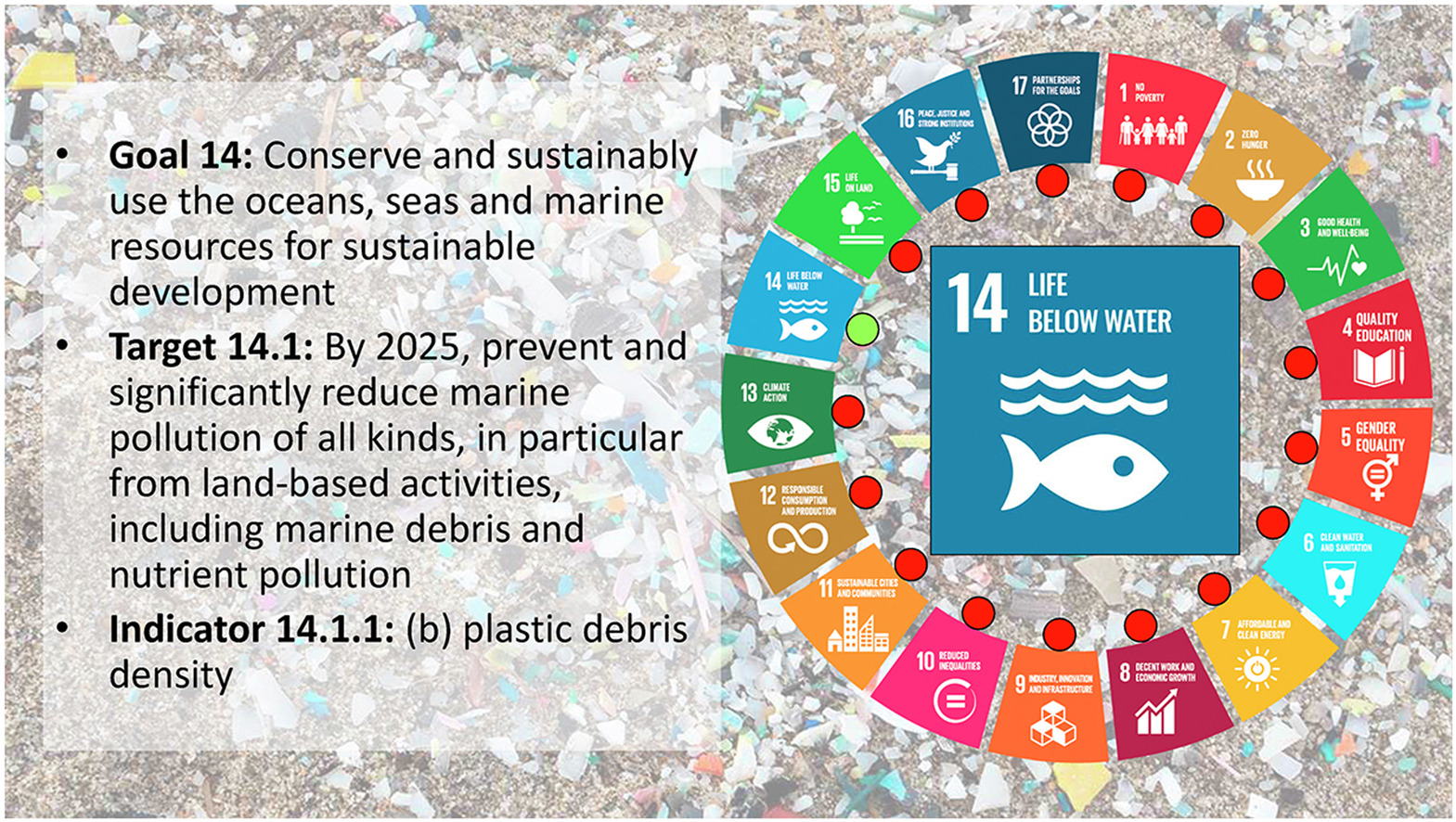Current Opinion in Green and Sustainable Chemistry, Volume 30, August 2021
Since the launch of the United Nations (UN) Sustainable Development Goals (SDGs) in 2015, the SDGs have been widely adopted by governments and corporations in an effort to improve their sustainability. There are 17 SDGs, comprising 169 targets, which are measurable against 247 unique indicators. Despite pervasive global pollution from (micro)plastics, there is only one indicator (14.1.1b) under Goal 14, specifically related to reducing impacts from (micro)plastics.



